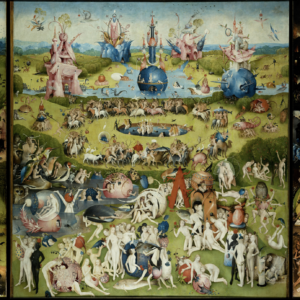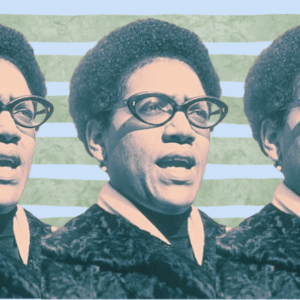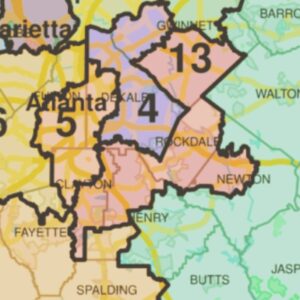
"It’s Not Magic, But it Feels Magical." Remembering the Late Poet James Longenbach
In Conversation with Mitzi Rapkin on the First Draft Podcast
First Draft: A Dialogue of Writing is a weekly show featuring in-depth interviews with fiction, nonfiction, essay writers, and poets, highlighting the voices of writers as they discuss their work, their craft, and the literary arts. Hosted by Mitzi Rapkin, First Draft celebrates creative writing and the individuals who are dedicated to bringing their carefully chosen words to print as well as the impact writers have on the world we live in.
In this episode, Mitzi revisits a 2017 interview in honor of the late James Longenbach, who died on July 29, 2022. They discuss his poetry collection Earthling.
Subscribe and download the episode, wherever you get your podcasts!
From the episode:
Mitzi Rapkin: You said that you’re not good at getting ideas, but you have a whole book of poems. So, what does that mean?
James Longenbach: I suppose that you could extract ideas from the poems, but I don’t write from ideas. This is something I often tell students—every human being who has ever lived has experienced the most profoundly devastating and joyous emotions, but almost none of those people write poems. So having those feelings, having ideas, having a thing that you want to write about, that just gets your foot in the door. What you have to have is an intimate relationship with the language in a way that makes something spark—words on the page, a sentence that’s happening. Until that happens, the idea won’t matter. And it begins to matter when you find a way of moving the words around that feels exciting and captures you and pushes you forward. That’s my experience, anyway.
Mitzi Rapkin: So basically, you find your way into a poem more through the language or the syntax, rather than the idea or an image?
James Longenbach: Yeah, absolutely. Again, I get ideas and images ‘til the cows come home, but it doesn’t make me write a poem. Because a poem, for the readers’ experience, is these little black marks on the page that come together to make words that come together to make sentences. That’s all they have. Everything else—the idea and the images—that’s in your head. You have to put everything into language, and the language has to be the force that prompts the poem and motivates the poem and makes the poem happen both for the writer and the reader. And when you feel that happening as a writer, when you feel that something is clicking and the language is moving you forward almost beyond your volition, it’s just the best feeling in the world. It’s not magic, but it feels magical.
***
Poet, critic, and professor, James Longenbach wrote primarily on modernist and contemporary poetry. He is the author of the critical works Stone Cottage: Pound, Yeats, and Modernism, Wallace Stevens: The Plain Sense of Things, Modern Poetry After Modernism, The Resistance to Poetry, The Art of the Poetic Line, The Virtues of Poetry, How Poems Get Made, and The Lyric Now. His poetry collections include Threshold, Fleet River, Draft of a Letter, The Iron Key, Earthling, and Forever. Longenbach died on July 29, 2022.
First Draft: A Dialogue on Writing
First Draft: A Dialogue on Writing is a literary podcast produced and hosted by Mitzi Rapkin. Each episode features an in-depth interview with a fiction, non-fiction, essay, or poetry writer. The show is equal parts investigation into the craft of writing and conversation about the topics of an author’s work.



















